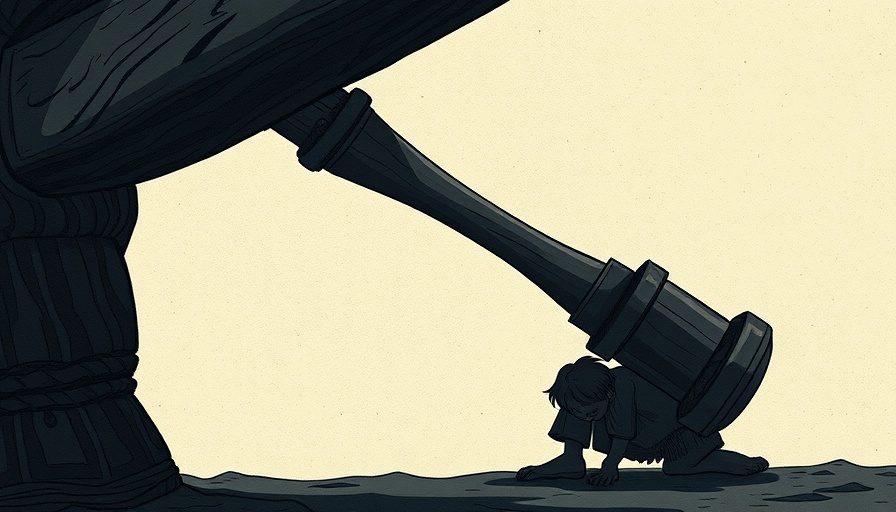
Judiciary’s Power: An Unchecked Authority?
The escalating concern regarding harassment within the federal judiciary raises alarming questions about accountability. An NPR investigation reveals that federal judges wield extraordinary influence with minimal checks on power, rendering their clerks and other employees vulnerable to harassment and abuse.
Behind Closed Doors: The Harsh Reality for Judiciary Employees
Unlike their counterparts in the private sector and executive branch, approximately 30,000 individuals working in the federal judiciary lack foundational workplace protections. This absence of statutory rights enables a culture of fear, as employees face persecution if they raise issues about harassment or discrimination. For instance, Olivia Warren, who bravely testified to Congress about her own distressing experiences with her former judge, now warns aspiring clerks against seeking positions that expose them to potential abuse.
Unveiling a Systemic Issue: Historical Context and the Need for Reform
The judiciary’s unique position in American government, rooted in the principles of separation of powers, has inadvertently led to a perception that it is above the law. Judicial independence is crucial; however, this autonomy should not allow judges to act without accountability. For years, attempts to introduce accountability measures have stalled, highlighting the urgent need for reform, such as the recent bipartisan Judiciary Accountability Act of 2024. This legislation seeks to extend basic employee protections, aligning judicial employees with civil rights laws that cover discrimination and harassment in various workplaces.
Glimpses of Change: What the Judiciary Accountability Act Means
The Judiciary Accountability Act, co-sponsored by Senators Lisa Murkowski and Mazie Hirono, aims to harmonize rights among federal employees. If enacted, the legislation would empower judiciary employees to seek justice if subjected to discrimination and retaliation, thereby laying the groundwork for a safer workplace environment.
Challenges Ahead: Cultural Resistance to Change
The ability to pass substantial reforms encounters resistance rooted in traditional norms within the judiciary. Some leaders advocate for restructuring and monitoring practices to ensure fair treatment while also emphasizing the need for trust and support within judicial chambers. Experts argue that fostering a culture of accountability hinges on transparency in reporting cases of misconduct and instituting independent oversight.
A Call to Action: Empowering Judiciary Employees
As the judiciary grapples with an ongoing dialogue on workplace harassment, it is crucial that both lawmakers and employees alike remain vigilant in advocating for change. Reports of negative workplace culture should not be overlooked, especially when individuals risk their careers by speaking out against their superiors. High-profile cases and testimonies underscore not just the necessity of reforms but also the imperative to protect the dignity and rights of those serving within the judicial system.
Conclusion: Justice for Judiciary Employees
The struggle for workplace equality within the federal judiciary underscores a broader societal challenge. True justice requires not only changes in policy but a cultural shift in perception and practice. The path forward involves active involvement from all stakeholders, ensuring no one is above the law in the pursuit of accountability and ethics within our judicial system.
 Add Row
Add Row  Add
Add 




 Add Row
Add Row  Add
Add 

Write A Comment